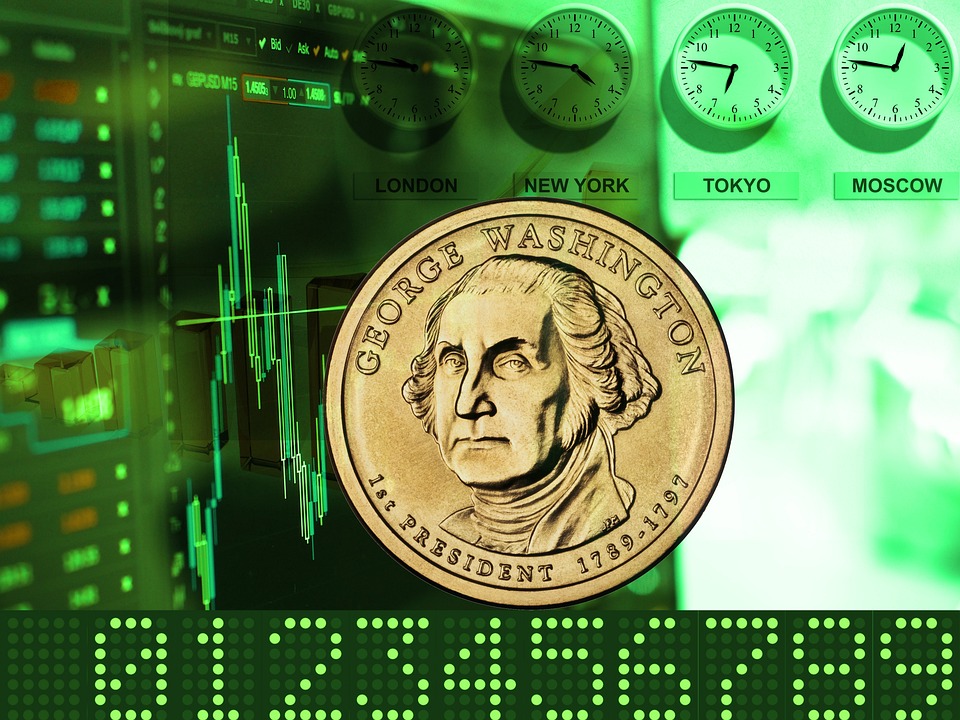From Novice to Pro: Essential Trading Strategies for Index Futures
Trading index futures can be a highly profitable endeavor for those who are willing to put in the time and effort to understand the market dynamics and develop effective trading strategies. In this article, we will discuss some essential trading strategies that can help beginners navigate the world of index futures and eventually become seasoned professionals. We will also address frequently asked questions at the end for a more comprehensive understanding of the topic.
1. Understand the Market
Before diving headfirst into index futures trading, it is crucial to have a solid understanding of the market you are planning to trade. Learn about the specific index, its components, and the factors that influence it. Stay updated with current events and economic news that can impact the index. This knowledge will help you make informed trading decisions.
2. Develop a Trading Plan
A trading plan is a roadmap that outlines your trading goals, risk tolerance, and strategies. It is essential to have a well-defined plan to guide your trading decisions and minimize impulsive and emotional trading. Consider factors such as entry and exit points, stop-loss orders, and profit targets within your plan. Regularly review and refine your plan as you gain experience.
3. Technical Analysis
Technical analysis involves studying and analyzing historical price and volume data to predict future price movements. It encompasses various tools and indicators such as moving averages, support and resistance levels, and trend lines. By identifying patterns and trends, technical analysis helps traders make more informed decisions.
4. Fundamental Analysis
Fundamental analysis involves evaluating the intrinsic value of an asset based on underlying economic factors. For index futures trading, this may include analyzing economic indicators, central bank policies, and corporate earnings reports. Fundamental analysis provides a broader perspective on market trends and can help traders identify opportunities that may arise due to underlying market conditions.
5. Risk Management
Risk management is crucial for any trader, including index futures traders. Set a maximum loss limit per trade or in a given time frame. Never risk more than you can afford to lose. Utilize stop-loss orders to automatically exit trades if the market moves against your position. Diversify your portfolio to reduce risk exposure and avoid putting all your eggs in one basket.
6. Practice with Simulated Trading
Before using real money, it is wise to practice trading using simulated trading platforms. These platforms allow you to trade in a simulated environment with real-time market data. Simulated trading provides a risk-free opportunity to test your strategies, gain experience, and build confidence before putting real capital on the line.
7. Keep Emotions in Check
Emotions can be detrimental to trading success. Fear and greed can cloud judgment and lead to impulsive decision-making. Stick to your trading plan and trust your analysis instead of making emotional, spur-of-the-moment trades. Take breaks when needed to avoid burnout or making rash decisions.
8. Continuous Learning
The financial markets are dynamic and ever-changing. To stay ahead, continuous learning is essential. Stay updated with market news, follow expert traders, and explore new strategies. Attend trading seminars, read books, and utilize online resources to expand your knowledge base.
FAQs:
Q1: Can I trade index futures without owning the actual stocks in the index?
A1: Yes, index futures contracts allow you to speculate on the movement of the index without owning the underlying stocks.
Q2: What is leverage in index futures trading?
A2: Leverage allows traders to control a larger position with a smaller amount of capital. However, it also multiplies both profits and losses.
Q3: How much capital do I need to start trading index futures?
A3: The required capital varies depending on the exchange and the contract you wish to trade. It is advisable to consult your broker for specific requirements.
Q4: Are index futures suitable for short-term or long-term trading?
A4: Index futures can be traded on various time frames, from intraday to long-term positions. The choice depends on your trading style and goals.
Q5: Can automation be used for index futures trading?
A5: Yes, automated trading systems can be utilized for index futures trading. These systems use pre-determined algorithms to execute trades based on specific conditions.
In conclusion, trading index futures requires knowledge, discipline, and a well-defined trading plan. By understanding the market, practicing risk management, and utilizing technical and fundamental analysis, novice traders can gradually develop into successful professionals. Remember to continuously learn, adapt to market changes, and master the art of emotional control to become a proficient index futures trader.




